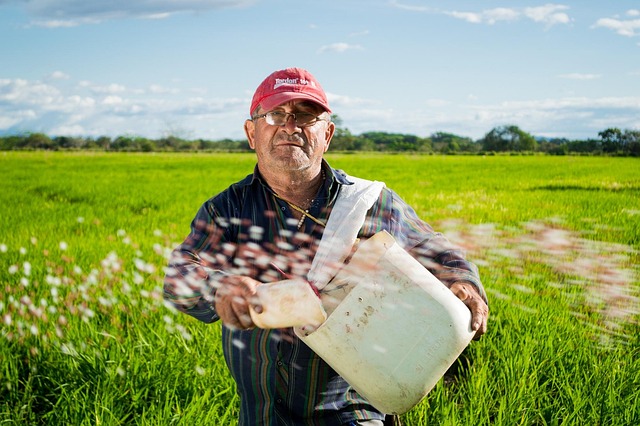In today’s fast-paced world, where the hustle and bustle often drown out the whispers of nature, the movement toward eco-friendly gardening serves as a gentle reminder of our innate connection to the earth. Embracing practices that cultivate unalloyed gardens is not just a trend; it’s a return to our roots and a pledge to nurture the environment. By cultivating gardens that are free from artificial fertilizers and pesticides, we not only produce healthier fruits and vegetables but also contribute positively to our ecosystem.
Imagine stepping into your own backyard, a thriving Eden filled with vibrant colors and the sweet aroma of ripening fruits. Unalloyed gardens are characterized by their harmony with nature. They work with local biodiversity to create a sanctuary for pollinators, birds, and beneficial insects. The act of planting native species helps restore the natural balance, providing essential habitats and food sources, while also reducing water consumption. By adopting organic gardening practices, we prioritize sustainability, ensuring that the soil remains rich in nutrients and the water supply stays pure.
Additionally, eco-conscious gardening allows us to engage in practices that benefit both the planet and our well-being. Techniques such as composting transform kitchen scraps into nutrient-dense soil amendments, promoting a cycle of life that nurtures our gardens. Utilizing rainwater collection systems not only reduces our dependence on municipal water sources but also plays a part in conserving this precious resource. As we invest our time and effort into cultivating unalloyed gardens, we witness firsthand the beauty of nature’s resilience and the rewards of patience and care.
Moreover, engaging in green gardening practices provides an almost meditative experience. Tending to your plants, feeling the soil beneath your fingertips, and witnessing the miracles of growth bring about a profound sense of fulfillment and tranquility. The rhythmic cycles of planting, nurturing, and harvesting remind us of the seamless connection between our lives and the earth. As we embrace the beauty of eco-friendly gardening, we are not just growing food; we are cultivating a deeper appreciation for nature’s wonders.
Incorporating unalloyed gardens into our lives encourages community involvement as well. Sharing tips, seeds, and even the bounty of our harvest fosters connections among neighbors and friends. Community gardens are excellent examples of how collective efforts can lead to robust ecosystems and invigorated relationships, building a strong sense of camaraderie among local gardeners. These gatherings create fertile ground for conversations about sustainability and environmental responsibility, fostering a culture of stewardship towards our planet.
Finally, as we look to the future, the importance of eco-friendly gardening becomes increasingly clear. The climate crisis demands that we take action and make changes in our daily lives. By adopting unalloyed gardening principles and methods, we can be part of the solution, enhancing food security and promoting biodiversity. Together, through our gardens, we can nurture a greener planet that thrives in harmony with nature.




